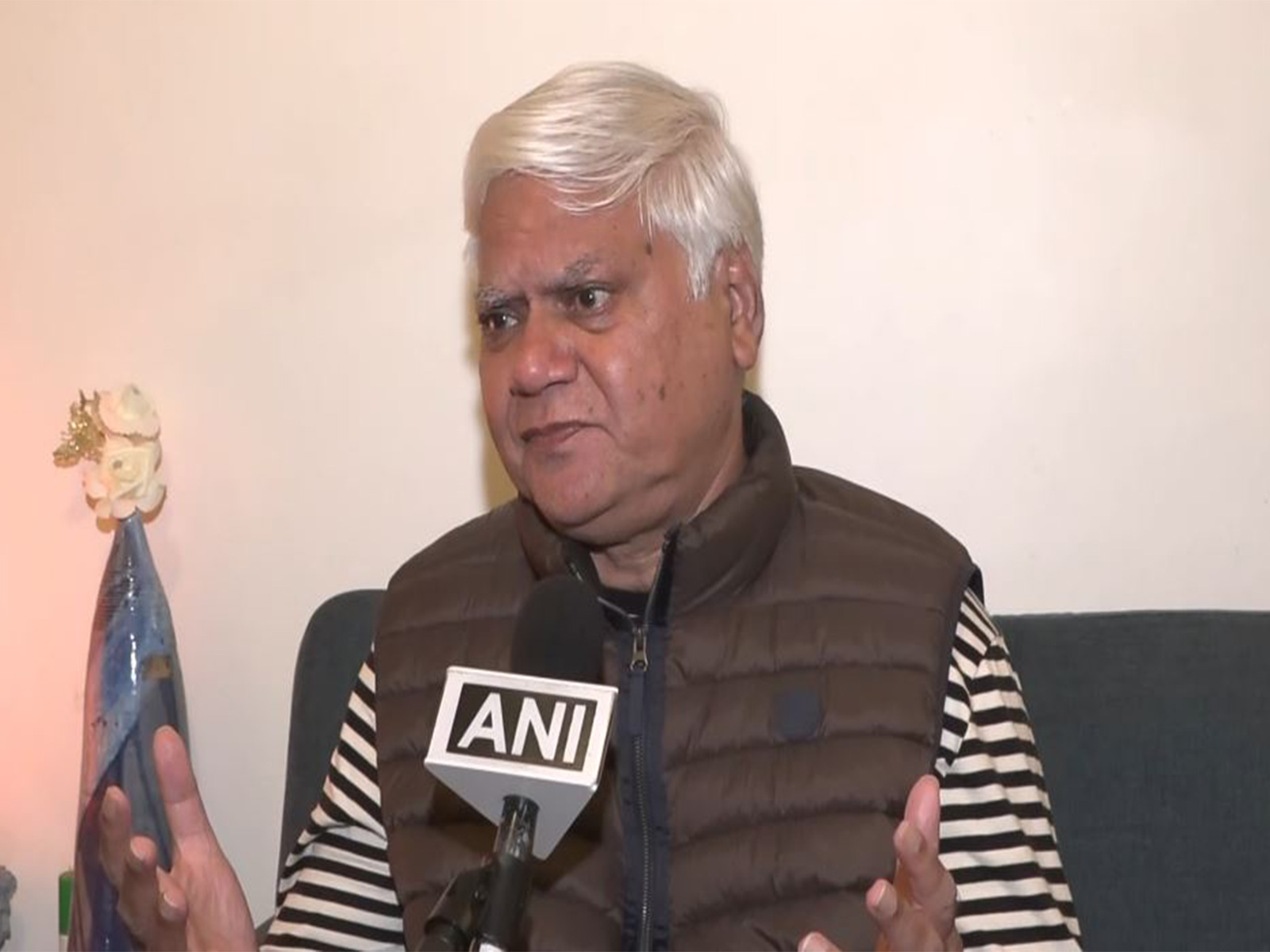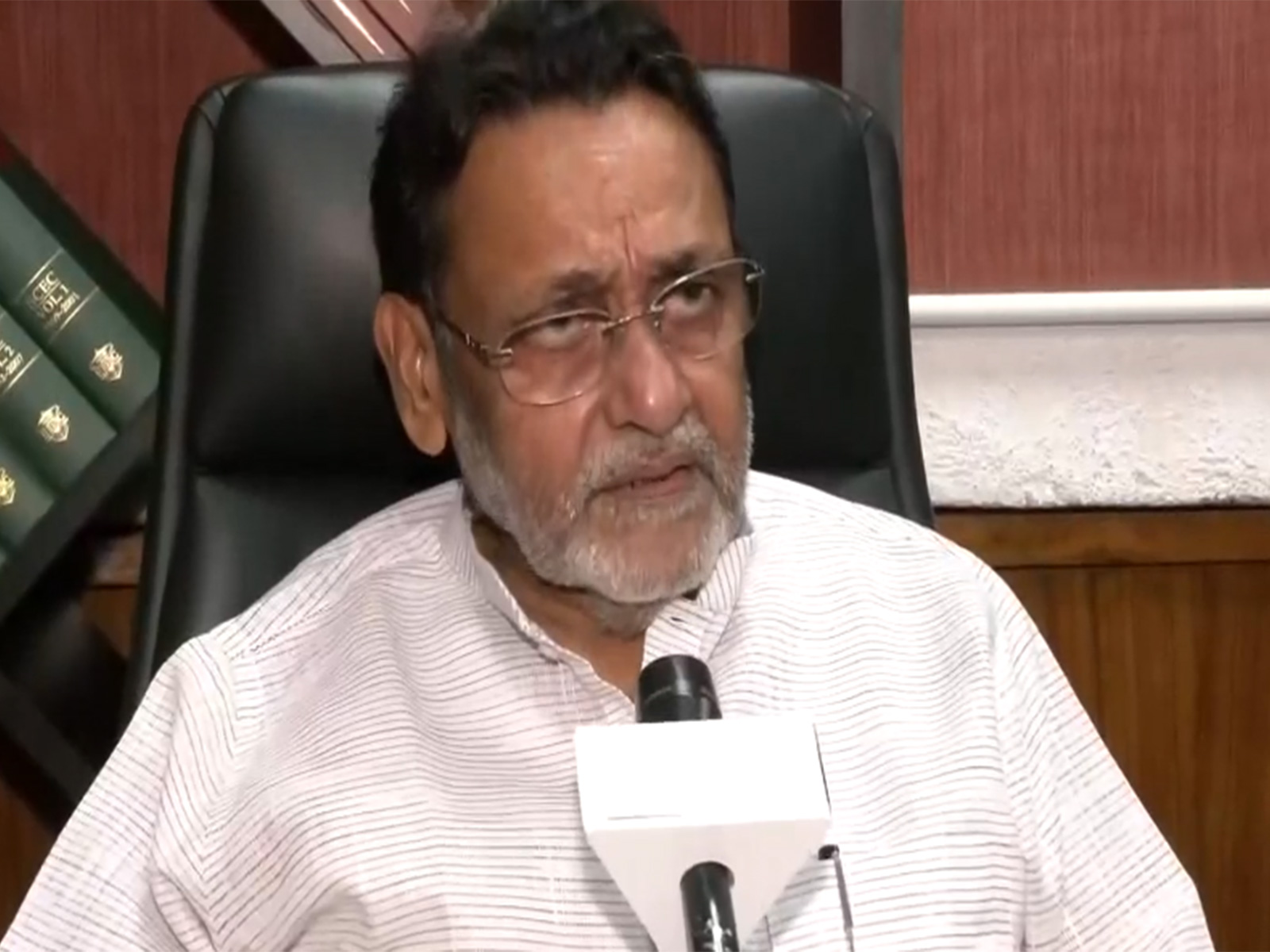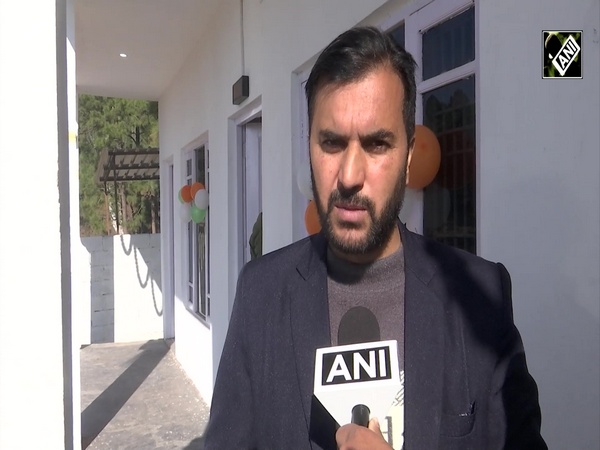US: Foreign fundings, humanitarian aids at standstill after House Speaker McCarthy's ouster
Oct 05, 2023

Washington, DC [US], October 5 : Following the ousting of House Speaker Kevin McCarthy on Wednesday, the US Congress remains at a standstill, with lawmakers facing a six-week deadline to approve spending bills and avoid a partial government shutdown, Voice of America (VOA) reported.
With its lower house paralyzed as the House of Representatives focuses on electing a new speaker, important spending bills, including international humanitarian aid, providing for foreign military financing and efforts to counter China's influence go unattended.
Moreover, the lawmakers in the Republican-majority house are not likely to hold any additional votes this week and rather the Republicans will discuss the next potential fit who can lead the narrowly divided chamber through a period, VOA reported.
It is crucial to elect someone who will be agreed and accepted not only among themselves but eventually with the Democrat-led Senate before the spending bills can be sent to US President Joe Biden for his approval.
The US House on Saturday approved a 45-day stopgap funding bill to avert a government shutdown, sending the legislation to the Senate for consideration hours before the midnight funding deadline.
However, some of the hard-line conservative Republicans objected to McCarthy's compromise with Democrats and immediately instigated the successful effort to oust him, according to VOA.
Meanwhile, while speaking at the White House, Biden urged lawmakers to not wait until the end of the new funding deadline six weeks from now to reach a new spending agreement.
"We cannot and should not again be faced with an 11th-hour decision, brinksmanship that threatens to shut down the government, and we know what we have to do. And we have to get it done in a timely fashion, he said.
The Republican lawmakers began looking for someone to appoint in the place of McCarthy.
Representative Jim Jordan of Ohio, a conservative firebrand known for frequently taunting opposition Democrats, said he would seek the speakership, reported VOA.
Adding to this, Representative Steve Scalise of Louisiana, who was part of McCarthy's leadership group, also announced his candidacy.
The House Speaker is not required to be a member of the chamber, although by tradition the speaker is an elected lawmaker.
However, former President Donald Trump said, "A lot of people have been calling me about speaker. All I can say is we'll do whatever is best for the country and the Republican Party."
According to the recent history, appointing a new speaker may not be a quick process. McCarthy needed 15 rounds of voting in January to get the post, VOA reported.
The US House of Representatives on Tuesday (US local time) voted to oust Republican Kevin McCarthy as Speaker, a never-before-seen historic vote that left the lower chamber of Congress in chaos, The Hill reported.
The mutiny, led by Rep Matt Gaetz (R-Fla), came days after McCarthy averted a government shutdown by putting a stopgap measure on the floor that garnered Democratic support.
In the final 216-210 vote, seven Republicans joined Gaetz to unseat McCarthy. All but eight Republicans voted to keep McCarthy as speaker.
Breaking the record in US history, it was the first time that House members voted to remove the speaker.
Moreover, every Democrat in the chamber also voted to boot McCarthy, refusing to help protect him from his unruly conference. McCarthy said he would give Democrats nothing if they were to vote to help him.
However, McCarthy made an announcement on Tuesday night stating, that even if he were eligible to seek the role again, he would not seek reelection to the speakership, according to VOA.
"I can continue to fight, maybe in a different manner, and will not run for speaker again," he said.
Moreover, Republican Representative Patrick McHenry of North Carolina will now temporarily lead the House of Representatives after the Speaker's position was vacated on Tuesday. Rep Patrick McHenry (R-NC) was declared Speaker pro tempore.
The speaker pro tempore, which is the official title, can only recess the House, adjourn the chamber and recognize speaker nominations.
He said the House would go into recess so that Democrats and Republicans could meet separately to "discuss the path forward."


















